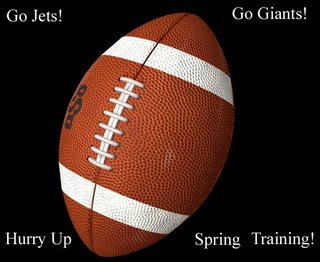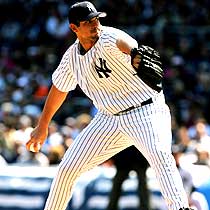
“You want to give me a dollar for this?” It was an insult; and I didn’t hide my scorn for this buyer. I stretched the corner of my mouth, rolled my eyes, and held the book in front of me as if I were holding a valuable artifact.
The guy, a middle aged man wearing cut off jeans, a scruffy beard, and a khaki, bush hat, waved me off and walked away. I felt justified. Not because I didn’t make the sale; but, because I validated the importance of my late father’s book collection.
If I wished to open a book store, this would be a great start. Dad’s compilation included works of World War II and American Civil War history, and an assortment of volumes about sailing vessels, old time railroads and their steam engines, and novels. Yes, there were hundreds of fine coffee table books, and official, U.S. Government historical records of famous battles. Yet, the value of each hardcover and soft back was set not by a bargain hunter’s “fifty cents” mindset; it was my sentimental attachment to the man who taught me to appreciate literature and history. I’m an avid reader today because of my parents; yet, my father set the high water mark with his astounding talent for comprehending and synthesizing every subject he studied.
My siblings were the ones who arranged this rummage sale, held on my father’s driveway in the sweltering June heat. It was a month after he passed away, and we were still cleaning out his home. Watching strangers casually toss aside my mother’s fine, blue plates, her sacred quilting paraphernalia, and various knick knacks she collected over the fifty years they resided in their home, I became territorial. That may be junk to them, I thought. But to me, these things were part of my life, items which were the backdrop to my youth.
It was when folks were chipping down the asking prices for my dad’s books that I became protective. He read every single one of them and remembered most of the subject matter. Often, he bought a book just to clarify something he read in another. So much of his identity was built around his understanding of the past that one of my sister’s friends, a full professor at a nearby college, once observed “Your father knows more about American History than most history professors I know.”
That statement was priceless, as my father was a humble mechanic who repaired oil burners, air conditioners, and refrigerators for a living. His service in the army during World War II left him with severe wounds which caused him pain for the rest of his life. He never had a chance at formal education, but that did not stop him from teaching himself.
While in the nursing home shortly before his death, my brother bought him a hefty, coffee table book on the Civil War. No doubt my dad was familiar with everything inside this volume; but he got it for him because dad stopped reading. He wouldn’t even look at a newspaper. We knew that if lost interest in his love of the written word, he was done. So, in an effort to revive his spirit, we tried to get him to crack a book.
I visited him in the day room with him seated next to me in a wheel chair. His breathing was distressed and he was hooked up to an oxygen tank. With the pages of the new book open before me, I showed him the pictures. He was disinterested, unwilling to glance at the sepia toned images and Daguerreotype photographs printed inside. At one point, I was so engrossed in the subject matter, that I almost forgot my father was seated next to me. In fact, he dozed off.
One photo grabbed my attention. “Hey look Dad, it’s the U.S. Sanitary Commission, they look so important, don’t they?” I chuckled as I could not believe that the grim faced men in the photo could be anything more than glorified government employees.
My dad stirred, examined the page, and with heavy breaths, said “They became one of the most important agencies after the Civil War, giving medical supplies to hospitals, taking care of war casualties, and staffing hospitals with doctors and nurses.” Then, he proceeded to name the men in the shot. That memory saddens me because, while he struggled with his own mortality, depressed and unhealthy; he still made it a point to educate his son.
More and more customers were turned away that day as I dutifully demanded fair compensation for this legacy of learning; mostly because I did not want to see them go. I fought for reasonable prices, parrying with the “I’ll give you a quarter for this” crowd; because, I imagined bits of my dad’s soul being carried away with each sale. At this time, my home is filled with this inheritance of printed text. My basement has a table stacked with an assortment of very old and fascinating hardbacks dated as early as 1840. Some are first editions in fine condition, others did not fare so well over time; but they were read, cherished, and saved for future generations.
One of my father’s neighbors came by the yard sale and browsed the covers displayed on the tables. She picked up one or two to examine them more closely. Then, she turned to my brother and said “Your dad was a very interesting man. I always knew he was a lot more than just a mechanic.” He was indeed, and I have a library full of facts to prove it.
-Michael J. Kannengieser












